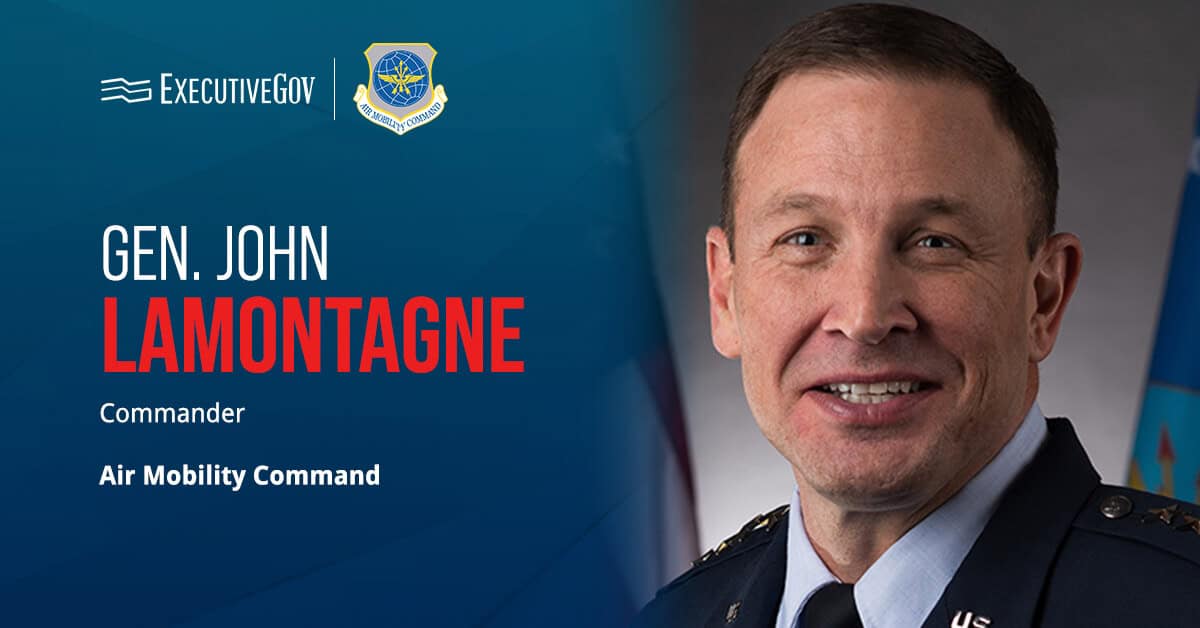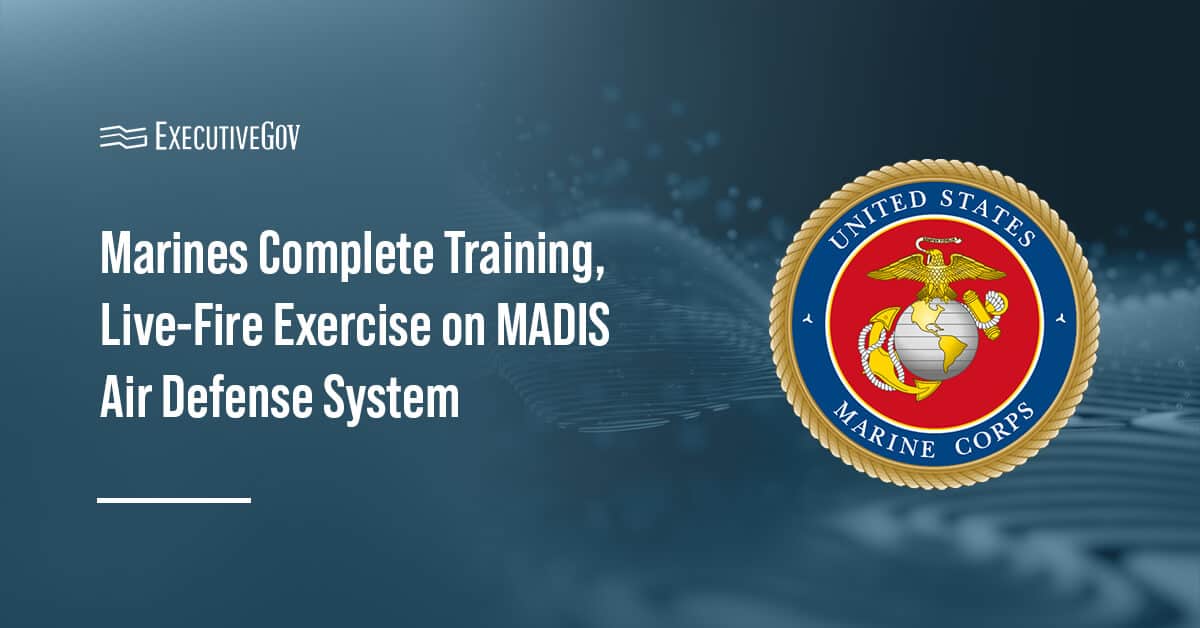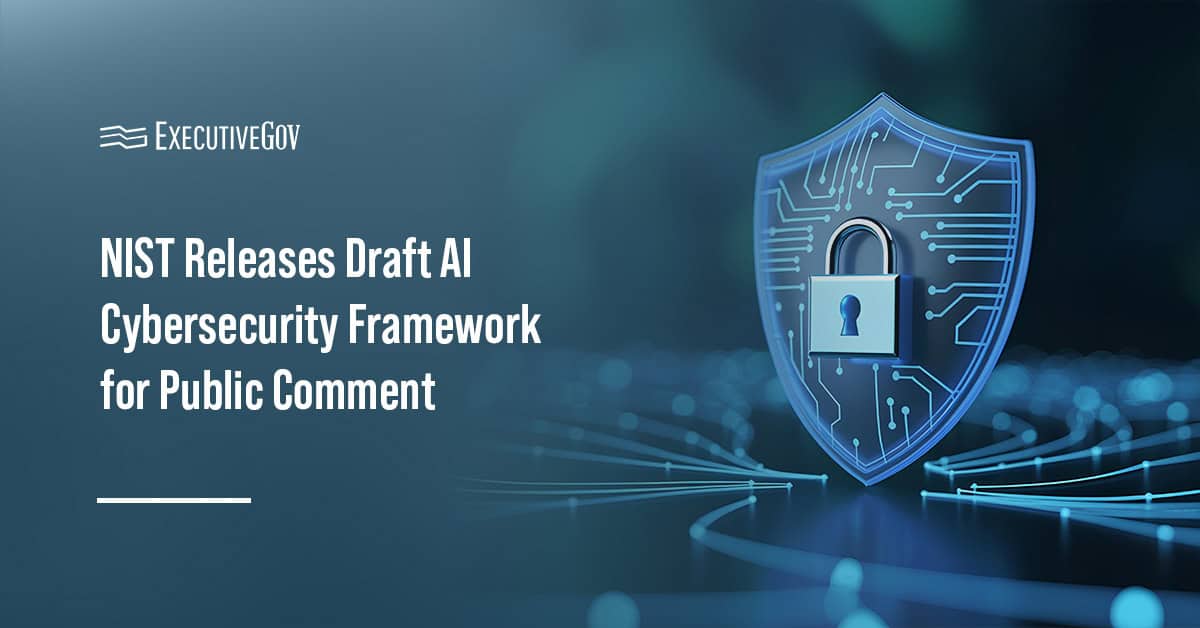
Christopher Krebs, director of the Cybersecurity and Infrastructure Agency and 2019 Wash100 awardee, said CISA’s volunteer border patrol work will not affect operations during a Georgetown University Law Center conference, Cyberscoop reported Wednesday.Â
Ten of the Department of Homeland Security agency’s almost 3,500 employees have volunteered for temporary deployment at the southern border and an additional 10 will join the group. The move comes after Matt Travis, deputy director of CISA, sent an e-mail to CISA employees asking them to spend 30 to 45 days at the border to address “an ongoing surge in migrantsâ€.Â
Krebs noted that a maximum of 33 CISA volunteers must be sent to the border and only one to two of the already deployed volunteers are responsible for cybersecurity.





